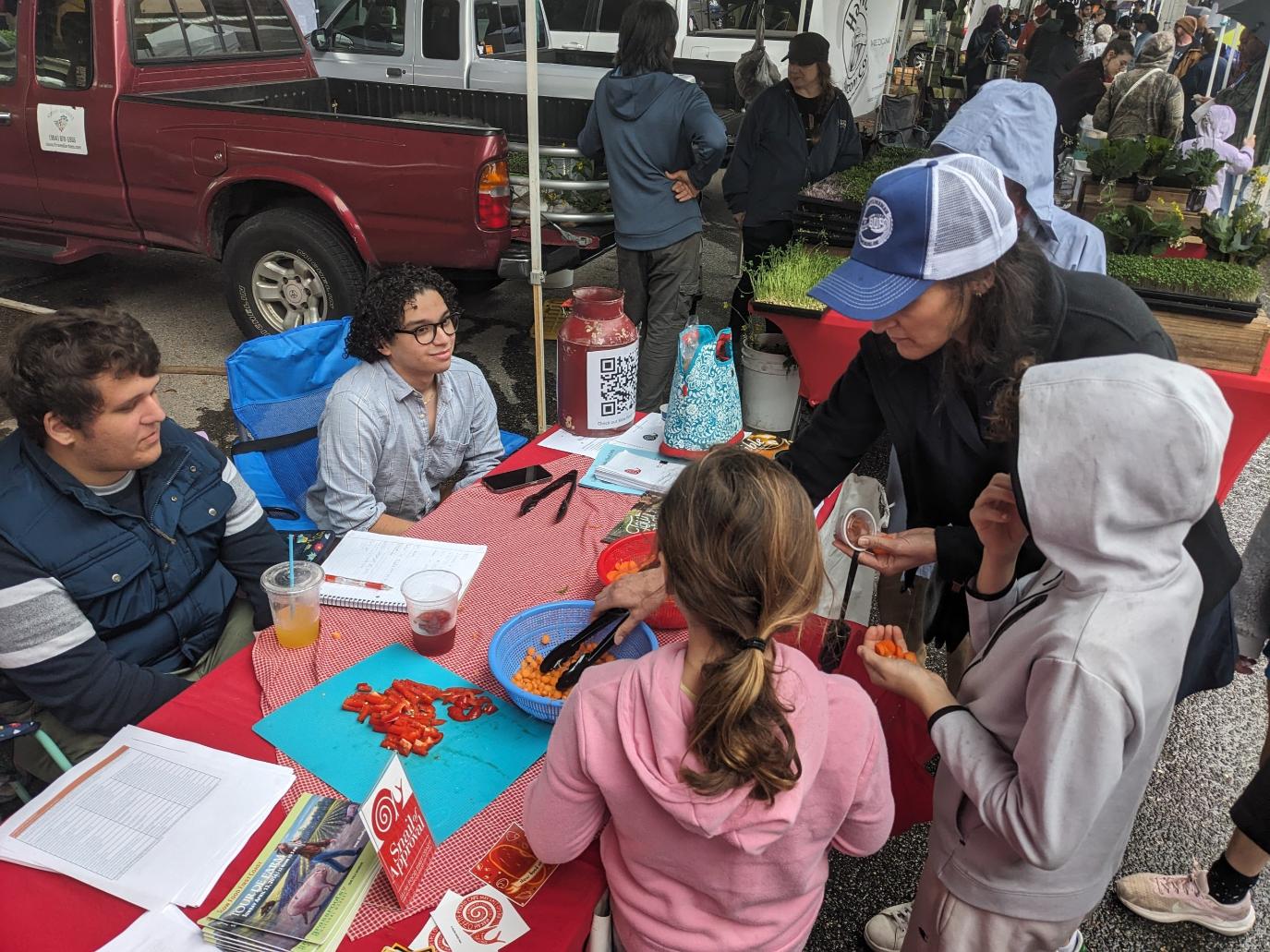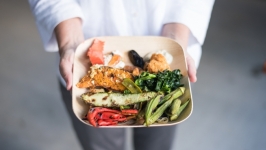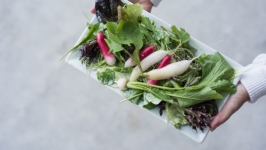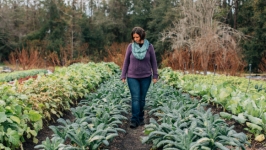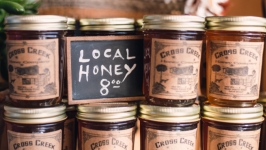Does Local Food Taste Better?
Listen up food lovers! Are you tired of purchasing overpriced produce at below average quality? Locally grown food gives you the opportunity to experience produce with a fresher taste and at a similar price to your traditional supermarket, without paying extra for “organic.”
Buying local means avoiding corporate stores like Publix, Aldi or Walmart. This means either buying produce grown on local farms (like at a farmers' market) or grown globally but sold at locally-owned retailers (like our flea markets, ethnic stores or other family-owned groceries). Either way benefits the community economically by recirculating money locally. Buying locally grown food from a local retailer doubles the impact of your money. This is because both the farmer and the retailer live locally, and so are spending their income back in the community.
A team of student researchers at the University of North Florida investigated the taste and price of local food in Jacksonville. They spent two weekends at the Riverside Arts Market, conducting blind taste tests with both carrots and bell peppers to see if people could tell a difference between a locally grown vegetable and one purchased at Publix. Over 175 people tried one or the other of the vegetables. In both tests, over 80% of the people preferred the local option over Publix without knowing which was which. Participants said the local product was fresher, crunchier, tastier and juicier. Locally grown food just tastes better.
The students also made systematic price comparisons. Over the last three years, students visited the whole range of stores from national chains like Walmart and Aldi to regional chains like Publix and Winn Dixie to locally-owned places like flea markets and ethnic grocery stores. The results were unexpected: Every year, the cheapest places to shop for produce are the locally-owned flea markets and ethnic stores. Shopping at the farmers' market was a bit more expensive than buying conventional produce at a corporate chain, but less than buying organic. Sometimes items were cheaper than even conventional items.


